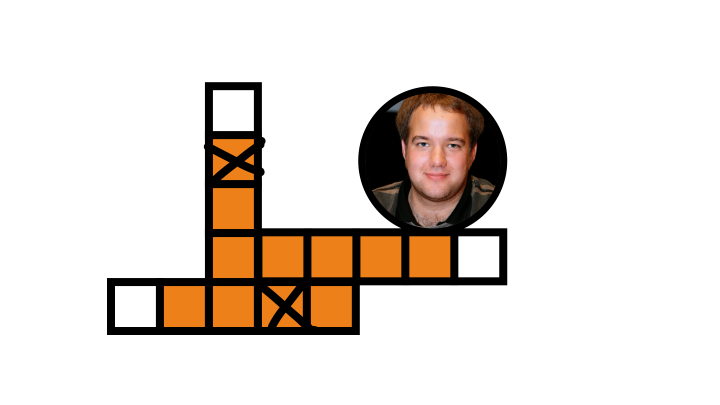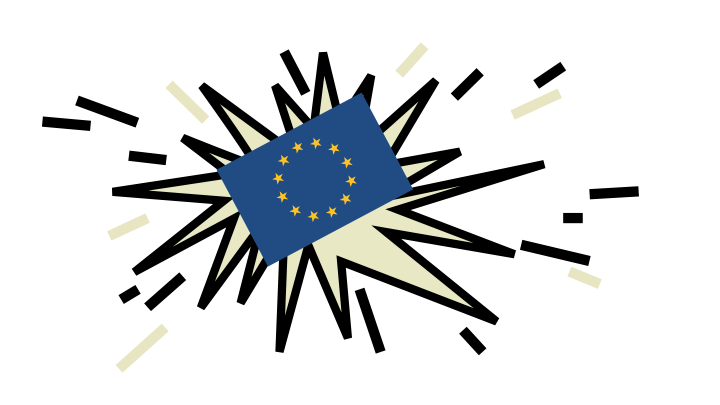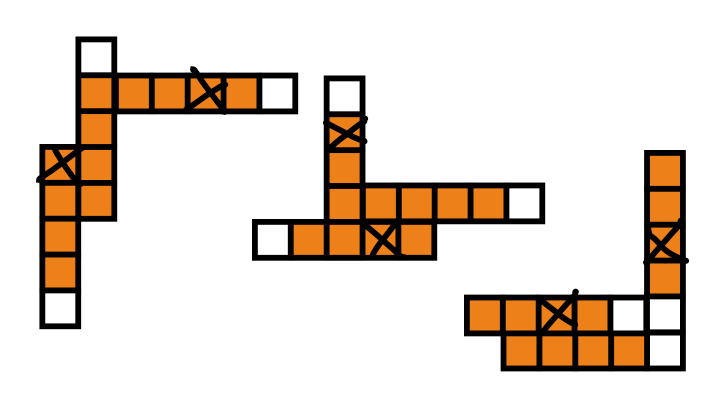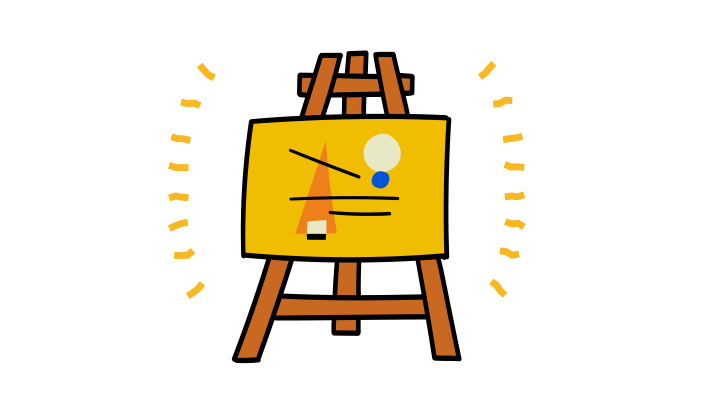Digital Services Act: “We want to make laws more oriented towards the public good”
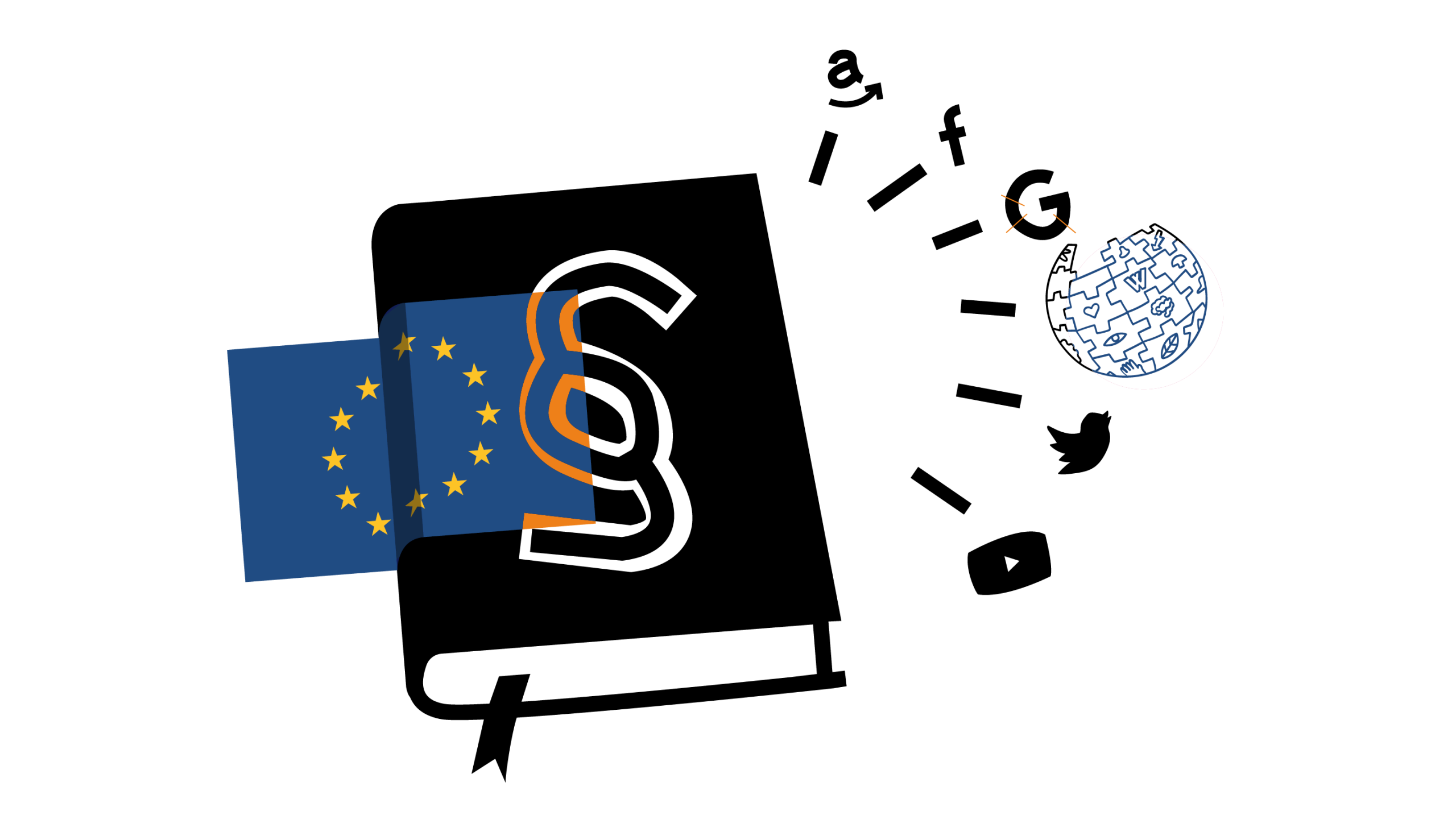
Justus Dreyling, International Regulations Officer at Wikimedia Deutschland, on how Wikimedia is working to improve the Digital Services Act.
What is the history of the Digital Services Act?
As early as 2000, the EU adopted a legal framework for online services, the “Directive on Electronic Commerce”. In the following years, however, platforms such as Facebook, Twitter, YouTube and others emerged alongside traditional online stores, where users can post their own content. To this day, there are still no precise regulations for these platforms. The main question is: Who is responsible for illegal and problematic content? Various European countries have tried to develop their own rules; in Germany, for example, there is the “Netzwerkdurchsetzungsgesetz (NetzDG)” (Network Enforcement Act). But the European Commission – and also the member states – have come to the realization that new framework conditions are needed for the Internet as it is today. This discussion also ran in this country under the catchphrase “Basic Law for the Internet”.
What is the greatest difficulty in shaping this law?
It’s a matter of balancing the need for platforms to intervene at a certain point in the event of a complaint, but not to be held liable for content posted by users beforehand. This balance – in the case of social networks such as Facebook between freedom of expression and, for example, protection against attacks on personal honor – is also important in Wikipedia. Here, the issue is freedom of information, which must be guaranteed. When the first draft of the Digital Services Act (DSA) came along, we looked at it from two angles: Are all fundamental rights and all freedoms equally well protected? And: does the law also work for non-commercial platforms like Wikipedia? After all, legislators usually have their sights set on the large, for-profit providers – projects that are oriented toward the common good; and smaller projects in general quickly fall behind.
What specific interest does Wikimedia have?
What’s particularly important to us is that Wikipedia functions via a community-based approach. That also applies to content moderation. If someone complains about illegal content, he or she can turn to the Wikimedia Foundation as the legal operator of the projects, which intervenes in case of doubt. But as a rule, the community takes action beforehand. Offensive content would be identified by the volunteers and, as a rule, quickly deleted. Our concern was that we would not be forced into an administrative process that runs parallel to what the community is already doing successfully. Fortunately, the DSA no longer stipulates that, either.
What else needs to be considered in terms of communities?
The other issue is: our communities have their own rules of conduct. At Facebook, there are classic terms of use, called Community Standards, drafted by the operating company Meta. In Wikipedia, the community sets its own rules – but they differ from classic terms of use. In some cases, they are formulated in a less legalistic way, and value is placed on encyclopedic principles such as the neutral point of view. This is often more difficult to implement than, for example, a ban on hate crimes or racist insults. The scope for discretion is broader. That was not adequately reflected in the DSA, especially at the beginning.
How is lobbying taking place at the EU level?
In December 2020, the European Commission presented a first draft of the DSA. This is always the first step in the EU legislative process. Even before that, we were working on our own vision – to proactively show what kind of Internet we stand for. That worked well, and many discussions resulted from it. In a next step, we tried to influence the European Parliament, which also wants to push through changes. At the same time, the member states are discussing the draft law in the European Council. Now the three institutions of the EU are discussing the DSA in the so-called trilogue procedure.
What concrete opportunities does Wikimedia have to exert influence here?
We hold talks with MEPs and staff from their offices, on site in Brussels or online; I have held talks with German MEPs. What has also proven successful have been so-called quick fixes – that is, we rewrite the legislative text and propose the passages as amendments. In the best case, these proposed amendments are then voted on. Our aim is not just to act in our own interests – like a commercial company – but to make the text of the law more oriented towards the public interest.
What successes have been achieved?
I can only answer that with reservations, because the law has not yet been passed.
As it stands, no time limits are prescribed within which objectionable content must be examined. That’s good for us, because the community wouldn’t have enough time for that in case of doubt. And: A differentiation should be made between the rules of communities and the guidelines of the major platform providers. Of course, in the end, a law is always a matter of interpretation to a certain degree, and there is a risk that it will not be interpreted in our favour. But as far as DSA is concerned, I am confident.
“There needs to be universal rules for moderating online content. Hate speech must not be allowed to prevail. The European Parliament’s proposal is a good first step because it finds a good way to deal with illegal content and protects freedom of expression and information on the Internet.”
– Christian Humborg, Executive Director Wikimedia Deutschland e. V.

